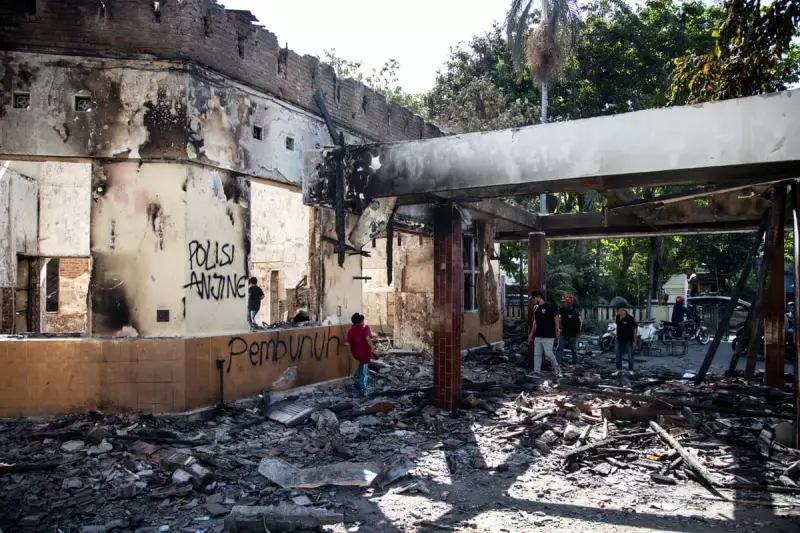
Indonesian President Prabowo Subianto has ignited a political firestorm by abruptly terminating a suite of lucrative financial perks for the nation's lawmakers, a move hailed by supporters as a necessary austerity measure but condemned by opponents as a blatant power grab.
The Axed Privileges: From Tax-Free Cars to Subsidised Homes
The controversial benefits, long enjoyed by members of the House of Representatives (DPR), included the highly prized ability to import luxury vehicles completely tax-free. This privilege alone often allowed MPs to profit by selling the vehicles on at market rates. Additionally, the package featured generous interest-free loans for home purchases and substantial subsidies for accommodation, furnishings, and even utility bills.
Public Praise vs. Political Fury
The decision, announced via a presidential letter, was met with immediate and fierce backlash from within the parliamentary complex. Hundreds of protesters, including students and political figures, gathered outside the legislature, brandishing signs that accused Prabowo of "dictatorial" behaviour and strangling democracy.
Yet, beyond the walls of the DPR, the move has proven wildly popular with the general public. Many Indonesians view the perks as a symbol of a corrupt and out-of-touch political elite, and see Prabowo's action as a long-overdue step towards fiscal responsibility and equality.
A Deeper Political Power Play?
Critics, however, warn that the move is less about saving public money and more about consolidating presidential power. By stripping the legislature of its privileges, Prabowo may be weakening a key institution that serves as a check on his authority. This concern is amplified by the fact that his ruling coalition now holds a commanding majority, leading to fears of an increasingly dominant executive branch.
The protestors' cries of "Reformasi" hearken back to the 1998 movement that toppled the Suharto dictatorship, underscoring the deep-seated anxieties about Indonesia's democratic backsliding. As the dust settles, the nation watches to see if this bold stroke will be remembered as a popular reform or a pivotal moment in the erosion of its democratic safeguards.





